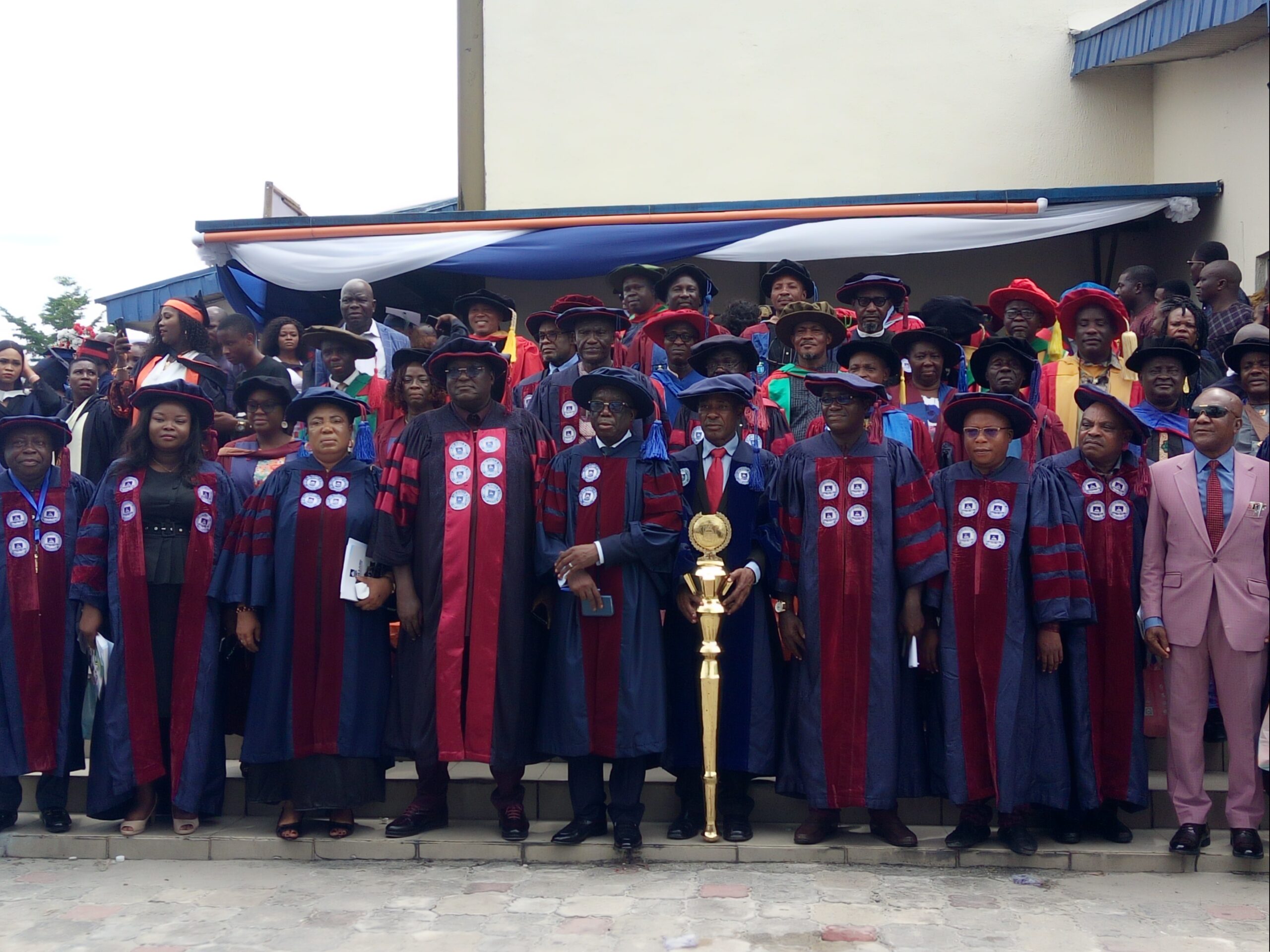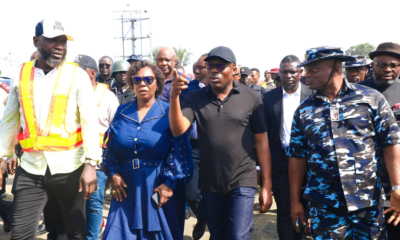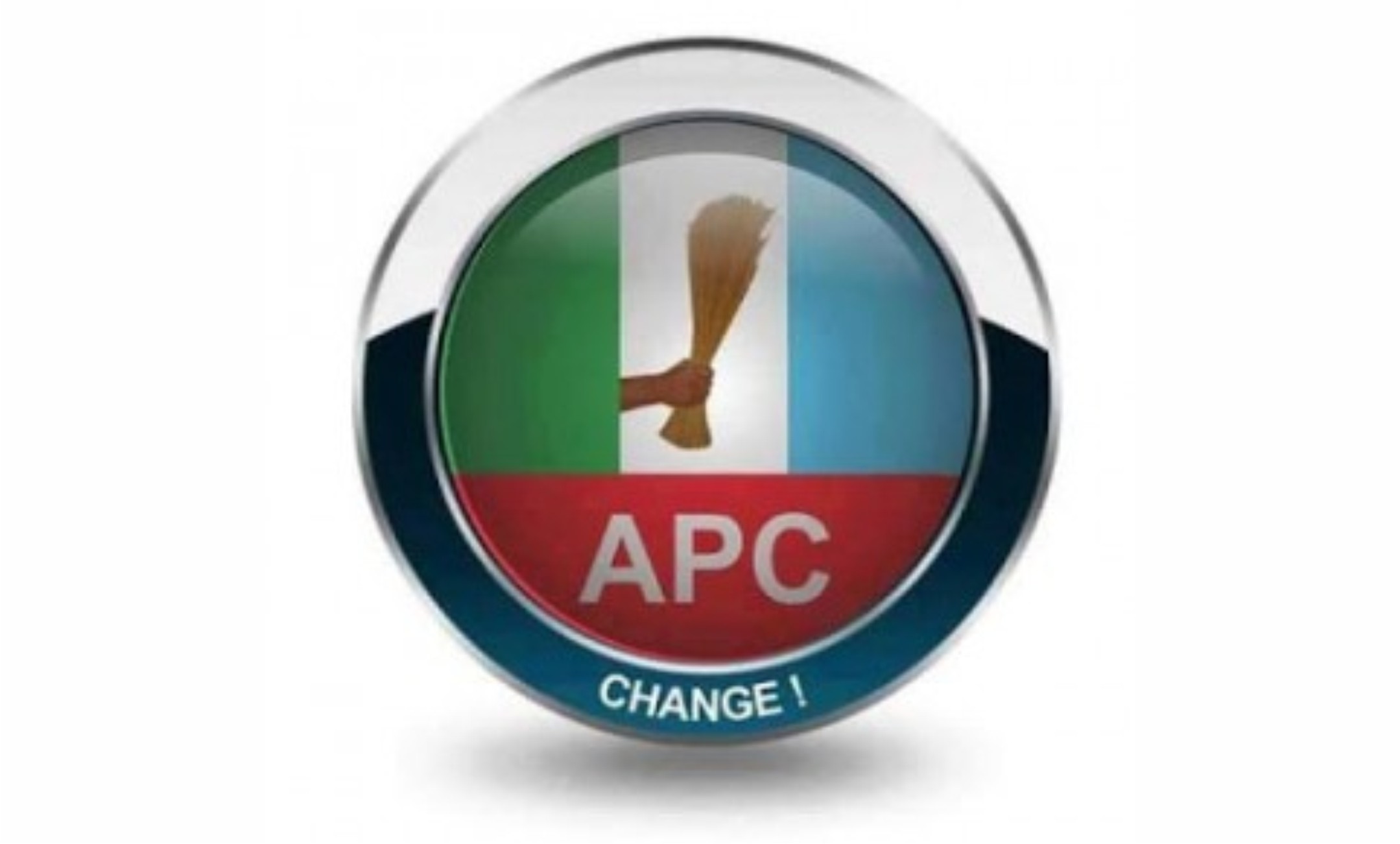Education
Actualising The Bodo-Bonny Road
Managing Director of the Nigeria Liq
uefied Natural Gas (NLNG), Babs
Omotowa raised an uncommon hope on the Bodo-Bonny Road recently when he said his company was prepared to contribute N60bn for the construction of the road.
According to Omotowa, if the Federal Government was willing to complete the road, NLNG will provide N60 billion which represents half of the contract sum. The Bodo-Bonny Road is a major Federal Road in Rivers State that successive governments lacked the political will to complete.
The Managing Director said at a hearing of the Senate Committee on Niger Delta Affairs in Abuja that the project, when completed, would help improve infrastructure in the Niger Delta. The road links five Local Government Areas; including Khana (Ogoni), Okrika, Eleme, Andoni and Bonny.
Omotowa said, “we said we are willing to offer 50 per cent on the road between Bodo to Bonny which has been outstanding since the 1970’s, and that contribution is N60 billion and we think that these are the kind of projects the NDDC can work with us.”
Omotowa, however, stated that the NLNG’s offer to provide 50 percent of the funding for the road would be activated, provided the partnership is accepted and matched by the Federal Government’s counterpart funding.
The Tide welcomes the offer, particularly against the backdrop that the Bodo-Bonny Road project has been one of the failed projects that underscore the long standing neglect of Rivers State in particular and the Niger Delta in general by successive Nigerian governments. Indeed, the importance of the road cannot be over-emphasised.
Apart from its importance to the enhancement of the economic base of the nation, the road will also connect the mainland Rivers State to a sizeable section of the riverine part of the State, in fact, one of the most difficult terrains in the Niger Delta. Here, the influence of the Atlantic Ocean is real.
It is, indeed, disturbing to note that, added to the perennial cries of the communities in that axis, is the accessibility burden on the foremost gas company in West Africa, NLNG, and its ancillary firms. This should have placed on the conscience of the nation an avoidable guilt.
While we commend the NLNG for the offer, we expect that the Federal Government will quickly accept it and work in concert with the company to finally actualise the construction of this all important road. This ancient city of Bonny and its environs need to be fully accessible. The Federal Government should accept this challenge and build the remaining 50 percent of the funding into the 2016 budget.
The Tide believes that the inclusion of the Federal Government’s quota of N60 billion in the budget and the exercise of the needed political will to ensure availability of fund for prompt execution of the project, can guarantee the realisation of the project during the life of the present administration.
If the present government at the federal level wants to break the jinx and actualise the promise for change, it must also start dealing with all other issues that can stand in the way of the realisation of the project.
In that wise, the Federal Government must ensure that initial land and compensation matters are perfected. Indeed, affected communities should be taken along, while the security needs of the project should be facilitated to avoid interferences of any kind.
It should be noted that the NLNG did not make the offer for fun, like the communities, the NLNG has its own share of stories on the near impossible condition of the route to their business site. NLNG must have come to terms with the fact that ‘if the road was not done, not only would the life of its staff and contractors continue to be threatened, their interest may also be at stake.
It is a fact that provision of the road will go a long way to avert the frequent loss of lives on the high sea, eliminate piracy and promote business in the area. Even huge is the tourist potential of the area that this can harness, while alleviating the sufferings of the Ibanis.
As earnings from gas become significant, it is only imperative that the Federal Government will rise to the occasion. Indeed, the government that is able to provide this road will go down in history as the one that conquered the odds and made the difference that mattered most.
Education
Former VC Advocates Drug Test For University Lecturers

Prof. Muhammad AbdulAziz, the immediate past Vice Chancellor of Abubakar Tafawa Balewa University (ATBU), Bauchi state, has advocated drug tests for lecturers to sanitise the university system.
Mr AbdulAziz stated this in a valedictory speech to the Senate of the University at a handing-over ceremony to his successor, Prof. Sani Kunya, the new acting Vice Chancellor of the institution.
While commending the decision by the Federal Ministry of Education to introduce drug tests for students seeking admission to all universities, he said such tests should be extended to lecturers.
According to him, it would further sanitise the university system and promote sanctity and academic excellence.
“We have discussed with the Federal Ministry of Education and they want to introduce to all universities that before any student would be registered in the universities, he or she must undergo drug tests.
“If students should undergo drug tests, I believe that even some of us, the lecturers, need to undergo the same test so that we know our status.
“We also have to volunteer ourselves to have this test done on us because we have to sanitise the university.
“If the students are to be subjected to drug tests to determine their mental health status, nothing is wrong if the lecturers too are subjected to the same test.
That is the only way to check excesses in the university system,” he said.
Mr AbdulAziz said the modest achievements recorded during his tenure were in the areas of infrastructural development, academic content development and community services.
He said the achievements recorded could not have been made possible without the support of all stakeholders in the system.
He appreciated the federal government for the support rendered to the University through the Federal Ministry of Education and its various agencies like the National Universities Commission and the Tertiary Education Trust Fund.
Read Also:Students to undertake drug test before admission UniAbuja
Also speaking, the new acting VC of the university expressed gratitude to the Senate for finding him worthy of the honour and to the federal government for his confirmation.
“I want to assure you that I will justify the confidence reposed in me by not disappointing you all.
Education
Don Seeks 20%Increased Budget Allocation To Education

A Professor of Economics in the Faculty of Social Sciences University of Port Harcourt, Rivers State, Prof Willie J. Okowa has called on government at all levels to increase her Education sectorial budgetary allocation to twenty percent of their annual budget , saying that such efforts will improve the development of education in the country.
Okowa said each government wether local, state or federal governments should devote an increased proportion of her annual budget to education such that in the next five to ten years , so that we can see at least 20 percent of her budget to the education sector.
He made this call while presenting the 42nd convocation lectures at the just concluded Iaue convocation ceremonies held at the university auditorium in port harcourt, recently.
He posisted that the economy has a nexus with sustainable higher education to the effect that a robust economy plays a key role in the sustainability of higher .education , while a sustainable higher education plays a supportive economic growth and development
“On the hand,a failing economy can hardly support a sustainable higher education”.
According to him ,a growing economy easily provides the finances to fund sustainable higher education while a education provides the relevant skills and the manpower needs required to propel economic growth and development,”of course, The Inadequate provision of higher educational facilities will fail to the manpower needs required by the economy to support its growth and development”
“The ability of an economy to adquately find higher education also depends on the rate of the population ,the higher the rate of growth of population, the more the number of the people that require higher education .Hence ,a rapid population growth puts more pressure on the ability of the economy to adquately fund higher education, irrespective of its performance.”
“Population growth , economic growth and the adequate funding of higher education are therefore intricately interlinked.The adequacy of the funds that an economy provides to finance higher education also depends on how well the managers of our education institutions manage such funds.
If people who lack character , integrity and merit are appointed to helms of affairs institutions,then funds can hardly be adequate .on the other hands ,if people of character, integrity and merit are given such appointments ,then the outcome will be much better” he stated.
The erudite scholar opined that Nigerian universities and colleges are also passing through strange times and outlined outdated laboratories , inadequate classrooms, adding that many students involved in drugs and prostitution.
By: Akujobi Amadi
Education
Bauchi Govt Threatens To Revoke Scholarship Of Unserious Students

The Bauchi State government has cautioned that it will cease payment of external exam fees for Senior Secondary Three, SS3 students found skipping classes.
Commissioner for Education, Jamila Dahiru gave the warning in Bauchi during her school resumption inspection and monitoring visits to some schools on Wednesday.
The Tide’s source recalls that Governor Bala Mohammed earlier allocated N396.9 million for the 2023/2024 external exams of 14,170 students in public schools.
The external examinations paid for included the West African Examination Council, WAEC, the National Examination Council l, NECO, National Board for Arabic and Islamic Studies (NBAIS) and the Joint Admissions and Matriculation Board, JAMB.
However, the Commissioner, who was furious with the low level of attendance of especially the SS3 students in some schools, recounted how she met less than 20 percent of the SS3 students who were around when she visited a particular school.
She stressed the need for students to return to class and prepare diligently, threatening to revoke scholarships for ‘unserious ones.’
Her words: “We just realised that most of these students, after being taught from JSS1 to SS3 and with Gov. Bala Mohammed paying for their external exams, and as soon as they were done with their mock exams, they left school and won’t return until the first day of their external exams.
“It is sad to acknowledge that we are not responsible as parents because I want to believe that they have parents who are seeing them attending schools simply because they are getting ready to just write their external examinations.
“We want to make them come back to class, we want to emphasize that we are investing in the right people because it is just telling us that it is the government that bothers about their education while they don’t care and probably their parents that are allowing them to stay at home also do not care.
-
News5 days ago
German Police Arrest 11 Nigerians For Dating Scam
-
Opinion4 days ago
Let The Poor Breathe
-

 Nation2 days ago
Nation2 days agoSDP National Chairman Lauds FG’s Efforts To Tackle Insecurity
-

 Breaking News1 day ago
Breaking News1 day agoTanker Inferno: We’re Saddened By Extent Of Carnage -Fubara
-

 Politics1 day ago
Politics1 day agoAPC Calls For Oyo LG Poll Cancellation
-

 News5 days ago
News5 days agoCourt Vacates Arrest Warrant Against Ehie, Five Others
-
Nation4 days ago
Monarch Hails Fubara Over Road Project
-

 Rivers2 days ago
Rivers2 days agoPolice Arrest Vigilante Commander, Others Over Robbery In Rivers

